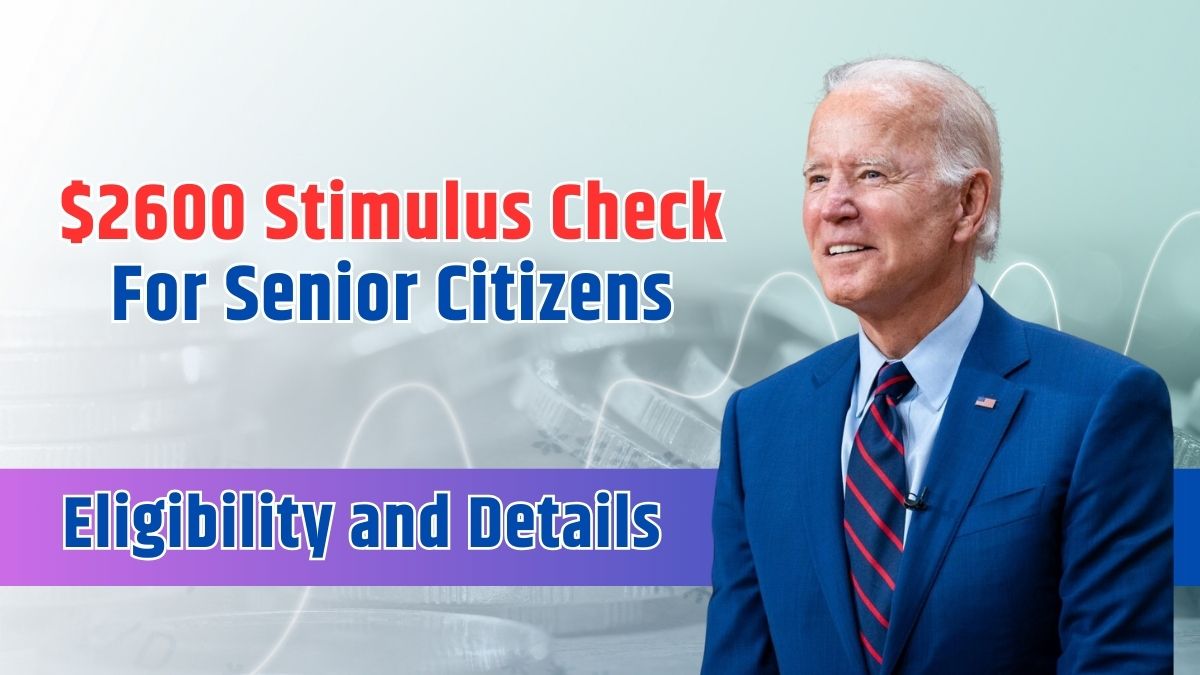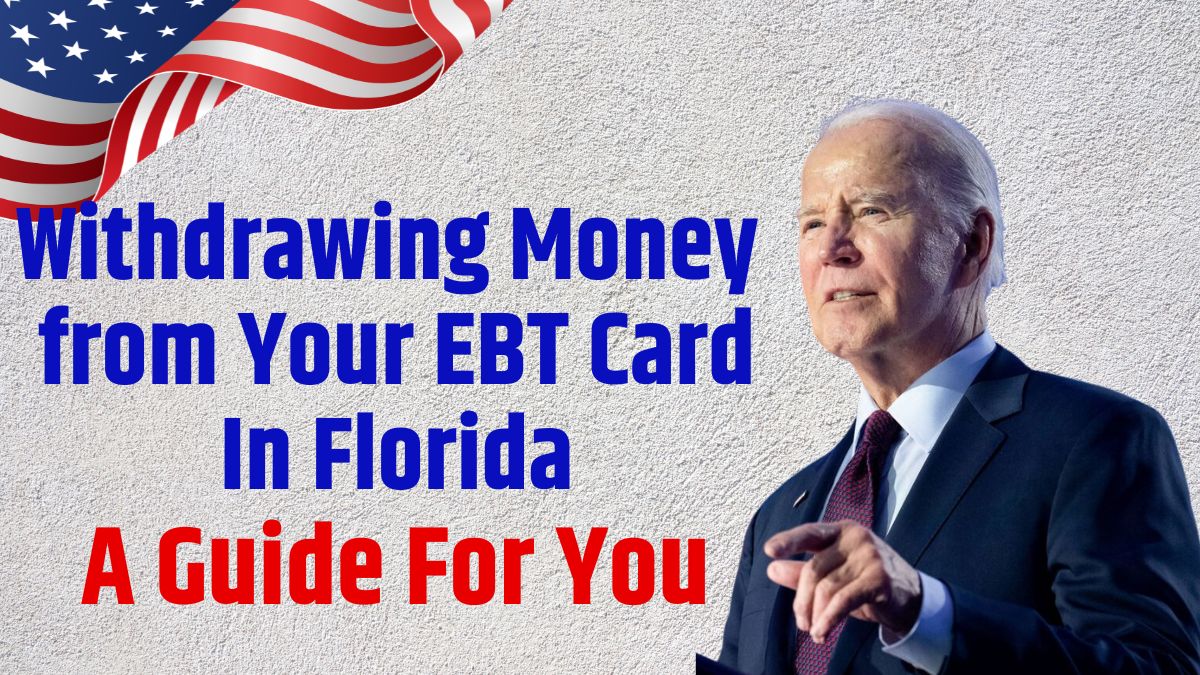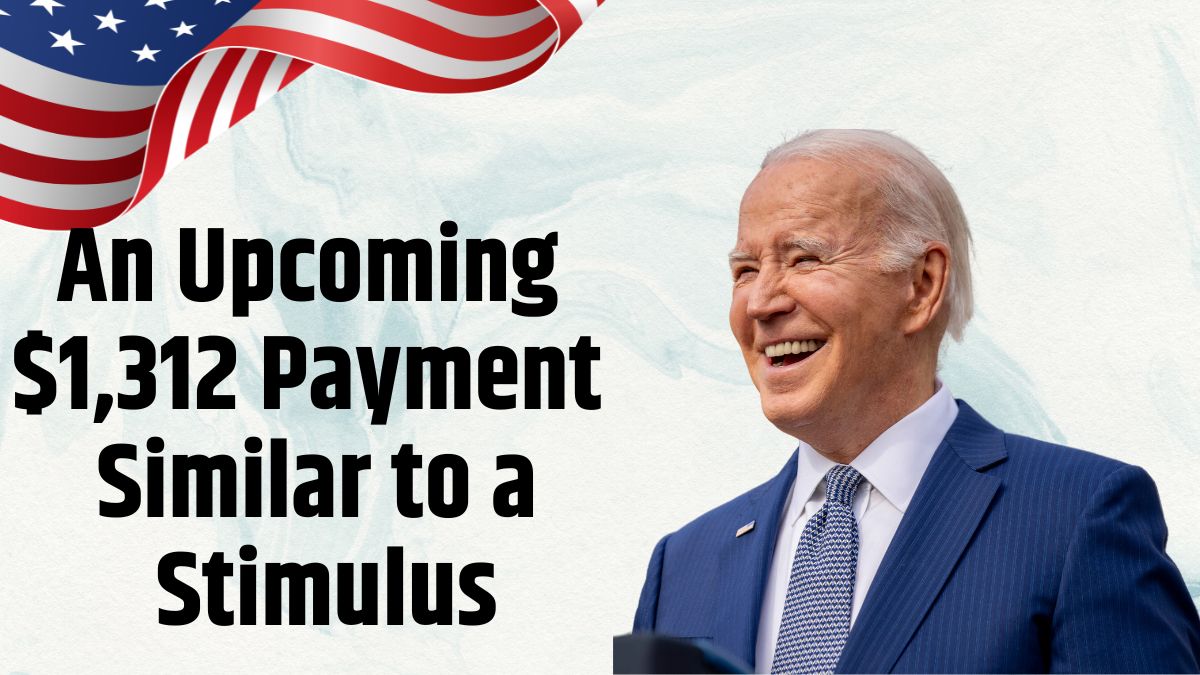As reports of a $2600 stimulus check for seniors continue to spread on the internet, it’s important to take a step back and look at the situation. Is this payment real or not? This article will go into detail about where this false information comes from, what the official responses have been, and how to spot and avoid believing such claims.
Table of Contents
The Origins of the Misinformation
The claim that senior citizens, disabled individuals, and the blind are eligible for a $2600 stimulus payment has been circulating on social media platforms like Facebook and X/Twitter. But where did this information come from? The answer lies in artificially generated content designed to drive traffic to specific websites. These click-worthy headlines and stories are often not grounded in factual reporting and are created solely to attract attention.
Official Responses setting Straight Record
In response to the widespread misinformation, official sources and fact-checking agencies have stepped in to clarify the situation. The IRS has explicitly stated that no new stimulus payments have been approved beyond those already distributed under previous COVID-19 relief measures. The AARP, a major organization representing the interests of older Americans, has also confirmed that the claims of a new $2600 stimulus payment are false.
How to Identify and Avoid Misinformation
It’s easy for false information to spread quickly and easily in this digital age, which can cause people to make bad choices. Some important things you can do to spot and avoid false information are listed below:
- Verify through official sources: Always check any claim through official government website
- Be skeptical of sensational claims: Extraordinary financial claims, especially those circulated on social media without clear sources, are often red flags.
- Fact-check using credible platforms: Utilize fact-checking websites that analyze and verify the validity of widespread claims and news.
By understanding the origins and characteristics of misinformation, individuals can better protect themselves from falling prey to false claims, particularly those concerning financial matters like stimulus payments.
Conclusion
People who want to get people to read false information simply made up the $2600 stimulus check for seniors. By knowing where this false information comes from and how to spot and avoid it, we can make smart choices and avoid falling for false claims. Verify information only from official sources, don’t believe shocking claims, and use trustworthy platforms to do your research. Don’t believe the hype; stay aware and watchful.
FAQs
Is the $2600 check for seniors real?
No, it’s not true.
Where did this false information come from?
It came from fake articles and posts on the internet.
Who gets stimulus payments?
Only people who were eligible for previous stimulus payments.
How can I know if information is true?
Check the official government website.
What are some signs of false information?
Be careful of exciting or surprising claims with no sources.
What did the IRS say about the $2600 check?
They said it’s not true and no new payments are coming.












